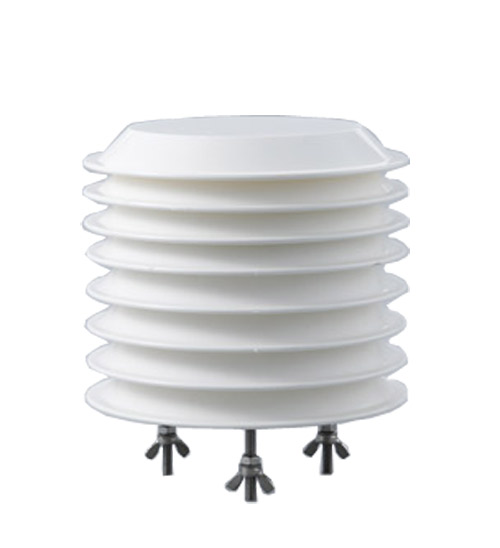

— Blogs —
—Products—
 Consumer hotline +8618073152920
Consumer hotline +8618073152920 WhatsApp:+8615367865107
Address:Room 102, District D, Houhu Industrial Park, Yuelu District, Changsha City, Hunan Province, China
Product knowledge
Time:2021-11-11 20:46:40 Popularity:1130
What is the difference between an enterprise router and a home router?
1. Positioning respectively
The home router mainly realizes the home gateway function for users to access the WAN, and the industrial router mainly realizes the high-performance three-layer network data packet forwarding and the learning of dynamic routing protocols. In layman's terms, home routers basically only have a gateway function for accessing the Internet, while industrial routers can not only serve as a gateway for accessing the Internet, but also have other more powerful functions.
Second, the performance is different
The amount of equipment is different. Home routers have low density, low signal strength, small coverage, limited forwarding performance and limited equipment. If they are used in public places like enterprises, there will be serious usage concerns.
Industrial routers have higher hardware parameters such as processors, caches and memory, more NAT forwarding numbers, and more users supporting simultaneous access to the Internet. According to the Uxin Unlimited Test, a general home router can connect 10-15 IP users, while an enterprise router can connect 50-150 IP users.
Three, the routing protocol is different
Home routers generally support static routing protocols, which are pre-set by the network administrator according to the configuration of the network when the system is installed, and the routing table is manually modified by the network administrator after the network structure changes;
An enterprise-level router supports a dynamic routing protocol, which changes with the changes in network operation. The router automatically calculates the best path for data transmission according to the functions provided by the routing protocol, and obtains a dynamic routing table.
At the same time, industrial routers generally have multiple security services and richer routing protocols, such as SNMP, static routers, policy routers, unified management protocols, etc. Through these protocols, industrial routers can ensure the safe operation of the network and protect user data from being stolen. .
Four, security is not the same
Home routers generally do not support functions such as internal/external attack defense, prevention of intrusion by viruses, Trojans, and hackers because they support fewer protocols, and there is no security guarantee;
Industrial routers have more routing protocols, such as SNMP, strategy, unified management protocol, etc., which can ensure the safe operation of the network and ensure that user information is not stolen. The application environment is different. Home routers are suitable for simple network environments, while the corporate network environment is complex, requiring more powerful industrial routers to meet more WAN interfaces, higher bandwidth and load balancing, flexible flow control, and connection limit , VPN use and other needs.
Five, use time is not the same
Home routers will not be used for too long when they are in use, and routers will have a lot of time to "rest", but when enterprises use routers, due to work needs, they even need the routers to run 24 hours a day. This makes the industrial planning of routing more important. High demands.
Sixth, the planning is different. Compared with home routers, industrial routers are more professional and refined in planning, can support long-term non-stop use, and are more suitable for the use environment of enterprises.
Prev:4G Industrial Router with Dual SIM
Next:4G industrial routers can realize remote data transmission and equipment control functions
Sensors & Weather Stations Catalog
Agriculture Sensors and Weather Stations Catalog-NiuBoL.pdf
Weather Stations Catalog-NiuBoL.pdf
Related recommendations
Related products
 Atmospheric Temperature Humidity Pr···
Atmospheric Temperature Humidity Pr··· Soil Temperature Moisture Sensor 4-···
Soil Temperature Moisture Sensor 4-··· Air temperature, humidity and atmos···
Air temperature, humidity and atmos···
Screenshot, WhatsApp to identify the QR code
WhatsApp number:+8615367865107
(Click on WhatsApp to copy and add friends)